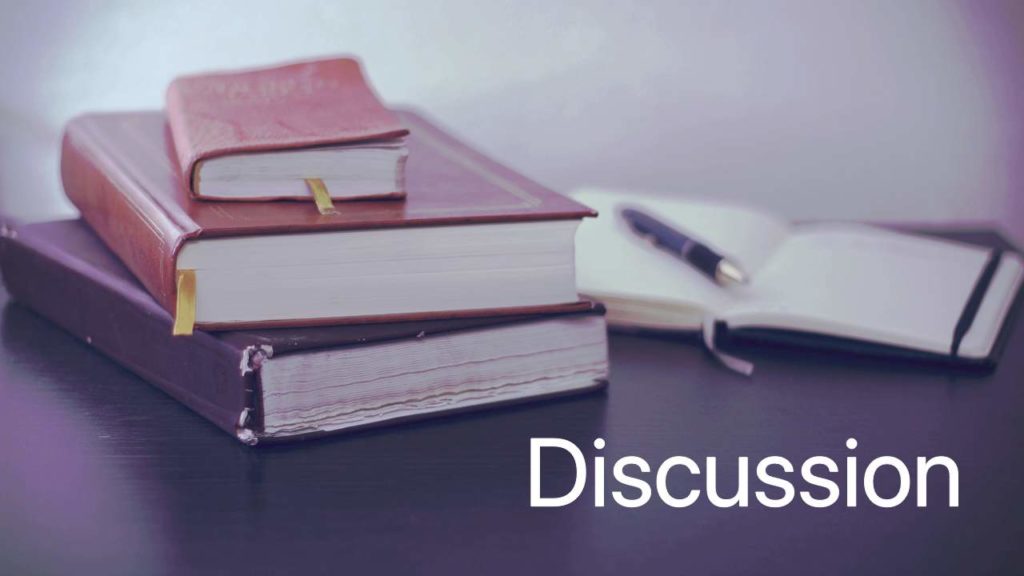Thanks to these two bloggers for sponsoring the annual Blog Discussion Challenge:
- Nicole at Feed Your Fiction Addiction
- Shannon at It Starts at Midnight

I’ve long been a fan of audiobooks. (You can read about my experience with them here.) But they complicate book discussions by muddying the waters of the standard terminology of literary criticism. In fact, just creating a title for this post took me a long time; according to my notes, I’ve been contemplating this question since 2018.
My recent experience reviewing the audiobook of R.F. Kuang’s Yellowface convinced me that it’s finally time to work through this issue. I was particularly prompted by this comment about the audiobook:
This novel presents very complex issues about identities, authors, voices, the living people behind those voices, cultural appropriations, and the corruption of the publishing industry.
Such complexity deserves a more serious narrative voice so that the reader-listener can reflect upon the issues at hand, rather than being distracted by a narrative voice that sounds like a jealous and catty teenager.
Keep this quotation in mind while, as Julie Andrews sang, we start at the very beginning to answer the question of this post.
Can’t we call this person the narrator?
Not exactly. This whole question is complicated by audiobook descriptions that invariably include the phrase “narrated by . . . .” But since long before the advent of audiobooks, literary criticism has used the word narrator to refer to the one telling the story.
That one may be a first-person (“I”) or a third-person narrator telling us about “he,” “she,” or “they.” Also, the narrator might be explicit (a named character, such as Ishmael in Moby-Dick) or implicit (an unnamed presence observing and describing what is happening). But whether explicit or implicit, the narrator is always a fictional creation of the author.
We therefore need another word to differentiate between the fictional story narrator and the recorded voice in an audiobook.
Can’t we call the person reading the book the reader?
Again, not exactly. Yes, the person being recorded speaking into the microphone is reading the book.
But, also again, the word reader has long been used in literary criticism to mean the person absorbing the content of the book. That reader interacts with the text to formulate a sense of the meaning of the literary work. For a fuller explanation of this interactive process, see my review of The Reader, the Text, the Poem by Louise M. Rosenblatt.
Therefore, I am the reader, whether I’m reading a print book or listening to an audiobook.
With these definitions of narrator and reader in mind, let’s look again at the second paragraph of the comment quoted above: “Such complexity deserves a more serious narrative voice so that the reader-listener can reflect upon the issues at hand, rather than being distracted by a narrative voice that sounds like a jealous and catty teenager.”
The phrase reader-listener indicates that the commenter is aware that the reader is the person listening (in fact, the commenter himself or herself), not the person recording the audiobook.
However, I’m not sure exactly what the commenter means by narrative voice. Usually that term refers to the content of what the narrator of the story expresses. Yellowface is a satirical novel that pokes fun at the way the story’s first-person narrator, June Hayward, a writer who steals her dead friend’s manuscript, manages to assuage her conscience over what she has done. The plot of the novel, which evolves from a clear act of theft, forces Hayward to address more complex issues such as cultural appropriation that have plagued the publishing industry in recent years. As the story continues, Hayward gets more and more desperately frantic in her efforts to convince both herself and the world that she has done nothing wrong.
When the commenter uses the phrase narrative voice the second time, to refer to a voice that “sounds like a jealous and catty teenager,” I suspect the reference is to the tone of voice the audiobook narrator uses. But the tone of the novel and the audiobook narrator’s tone of voice are two different constructs.
In fact, I had the opposite reaction than the commenter apparently had to the audiobook version of Yellowface: I thought the narrator of the audiobook was excellent at providing just the right inflections and emphases to Hayward’s thoughts as she becomes increasingly desperate and unhinged.
So I come once again to the same conclusion: We need specific terminology to differentiate between the fictional story narrator and the recorded voice in an audiobook.
So what’s the answer to the question?
The easiest solution I’ve come up with is to refer to the audio narrator by name. In any case, it’s necessary to make a distinction between the fictional narrator of the story and the human narrator voicing the audiobook. If context requires, those are the phrases I use.
How about you?
Study Notes
Erica Berry on the Polyamorous Intimacy of Reader, Author, and Audiobook Narrator
The Work of the Audiobook
© 2025 by Mary Daniels Brown

